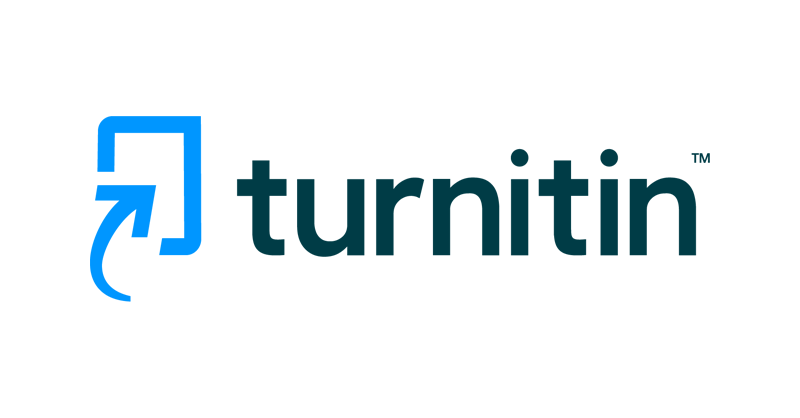PENERAPAN PENDEKATAN SAINTIFIK MELALUI EKSPERIMEN DI KELAS DAN PENUGASAN GUNA MENINGKATKAN HASIL BELAJAR DAN KEMAMPUAN BERFIKIR KRITIS SISWA
DOI:
https://doi.org/10.31957/pjpe.v1i1.1275Abstract
This study aims to determine the effect of the application of scientific approaches through classroom experiments and assignments to improve learning outcomes and critical thinking skills. Critical thinking is a capability needed in the framework of facing the industrial revolution 4.0 because it is closely related to innovation and 21st century skills. The method used in this study is an experimental model with a single pre-post test design completed with qualitative descriptive analysis using N-Gain. The population of this study was the science students of SMAN 6 Madiun. Material is limited to (2) Elasticity and Hooke's Law and (2) Static Fluid. It was concluded that the application of a scientific approach through Experiments in the classroom and Assignments can improve learning outcomes with sig. smaller than 0.05. NGain scores in the low category for learning outcomes (0.26) and critical thinking (0.24).
Keywords: Scientific Approach, Experimental Method, Learning Outcomes, Critical Thinking
Downloads
References
Ennis, R. H. (1985). A logical basis for measuring critical thinking skills. Educational Leadership, 43(2), 44–48.
Fazriyah, N., Supriyati, Y., & Rahayu, W. (2018). Watson-Glaser ’ s Critical Thinking Skills. Journal of Physics: Conference Series, 1028(1), 1–6.
Handhika, J. (2018). Model Orientasi, Analisis, Sintesis, Investigasi, Sinergi (OASIS) Untuk Meningkatkan Level Konsepsi Mahasiswa Pada Materi Kinematika Dan Dinamika. Universitas Sebelas Maret.
Karakoc, M. (2016). The Significance of Critical Thinking Ability in terms of Education. International Journal of Humanities and Social Science, 6(7), 81–84.
Kurinasih, I., & Berlin, S. (2013). Implementasi Kurikulum 2013 Konsep dan Penerapan. Kata Pena.
Lai, E. R. (2011). Critical Thinking : A Literature Review Research Report. In Pearson (Issue June).
Nasarullah, N. (2015). Upaya Meningkatkan Hasil Belajar Fisika Melalui Pendekatan Scientific Pada Peserta Didik KELAS VII / F SMP Negeri 1 Sungguminasa. Jurnal Pendidikan Fisika, 3(1), 95–105.
Nurlatifah, N., Bahtiar, B., & Kafrawi, M. (2019). Eksperimen Terhadap Kemampuan Berpikir Kritis. Jurnal Pendidikan Fisika, 7(2), 184–188.
Saminan, N. F., Gani, A., & Safitri, R. (2016). Peningkatan Keterampilan Berpikir Kritis dan Sikap Ilmiah Siswa Dengan Menggunakan Model Cooperative Inquiry Labs (CIL). Jurnal Pendidikan Sains Indonesia, 04(02), 171–179.
Utami, B., Saputro, S., Masykuri, M., & Widoretno, S. (2017). Critical thinking skills profile of high school students in learning chemistry. International Journal of Science and Applied Science: Conference Series, 1(2), 124–130. https://doi.org/10.20961/ijsascs.v1i2.5134.







